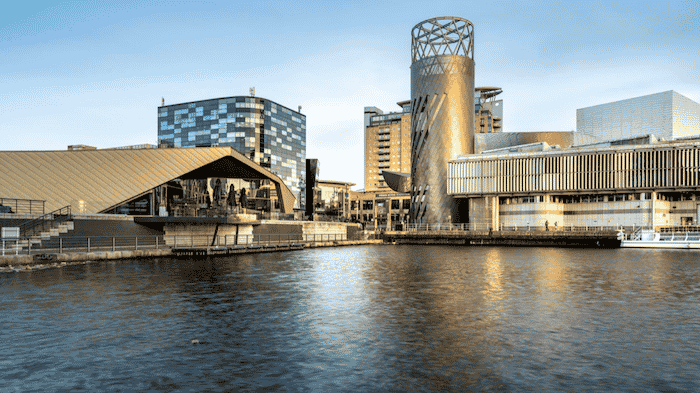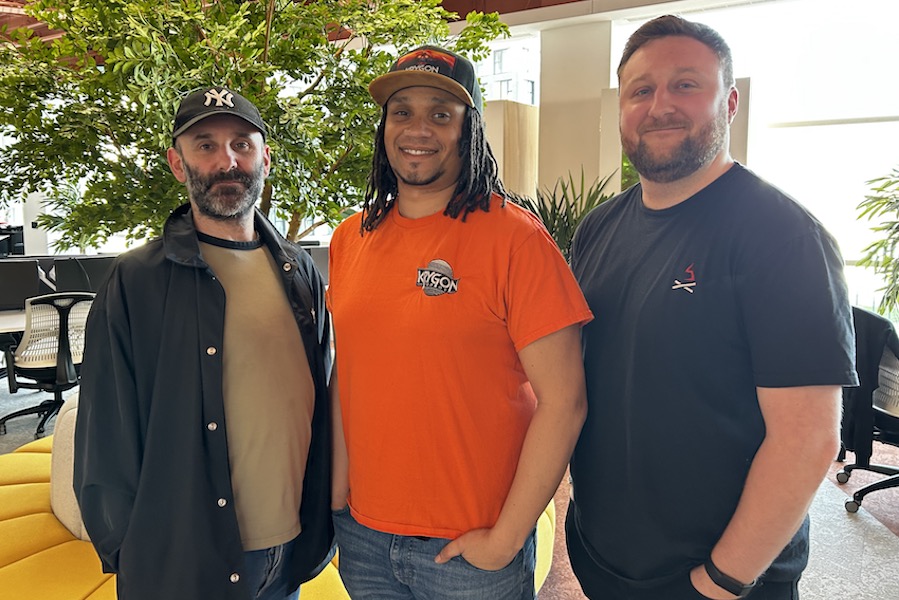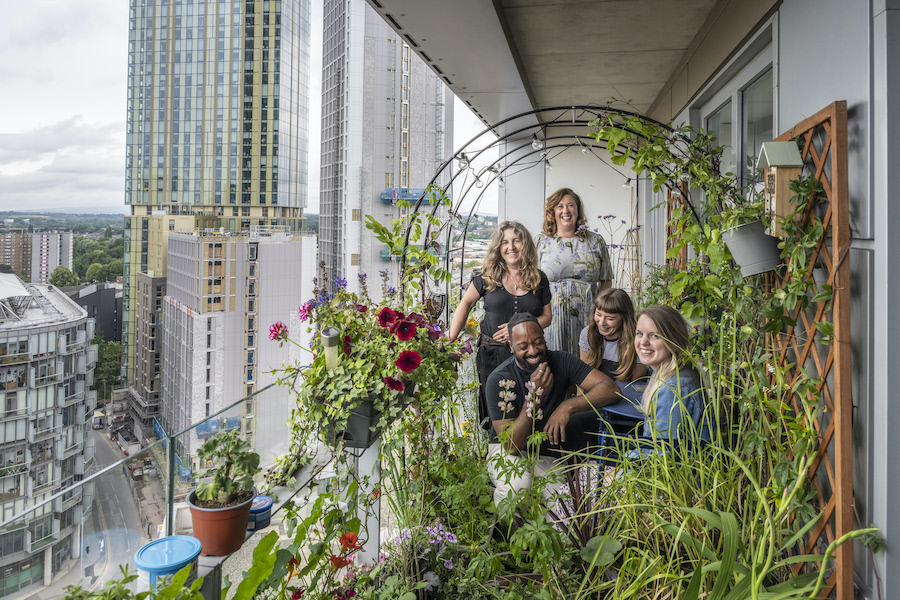Inside the Pankhurst Centre: CEO reflects on the centre’s legacy and future
- Written by Thom Bamford
- Last updated 1 year ago
- City of Manchester, Community, Featured
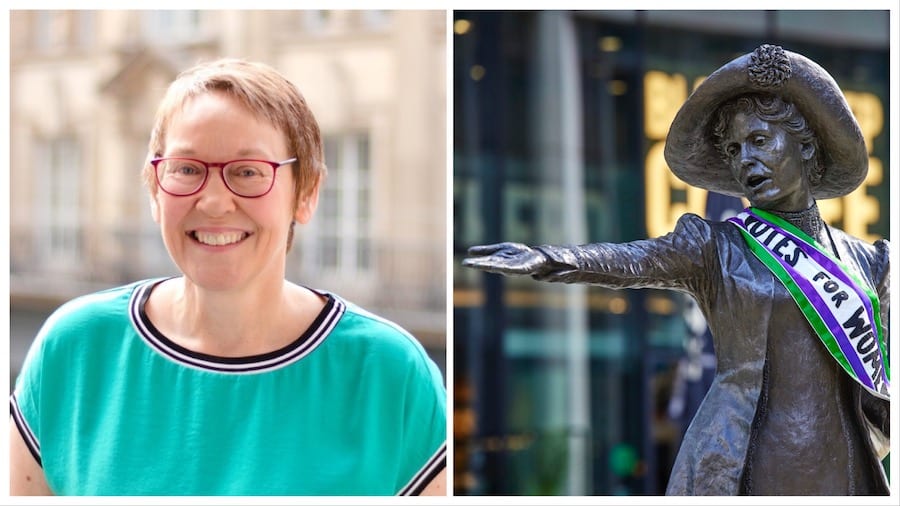
Ahead of International Women’s Day, we sat down with Gail Heath, the CEO of the Pankhurst Centre, to discuss the ongoing struggle for women’s equity and safety, the importance of funding for specialist services, and the centre’s 50th-anniversary celebrations.
Manchester, steeped in a rich and radical feminist history, stands as a testament to the relentless pursuit of gender equality.
From the iconic suffragette movement of the early 20th century, spearheaded by luminaries like Emmeline Pankhurst, to the emergence of groundbreaking feminist collectives and organisations in later years, the city has served as a crucible for feminist activism—a legacy upheld with dedication by the Pankhurst Centre.
The Pankhurst Centre is an iconic site of women’s activism, past and present.
Emmeline Pankhurst and her family lived at number 62 Nelson Street from 1898 until 1907, and the first meeting of the movement that became known as the Suffragettes took place in the parlour of this house.
So what does the 50th year of the Pankhurst Centre hold?
Read on to find out.
Gail Heath, CEO of the Pankhurst Centre
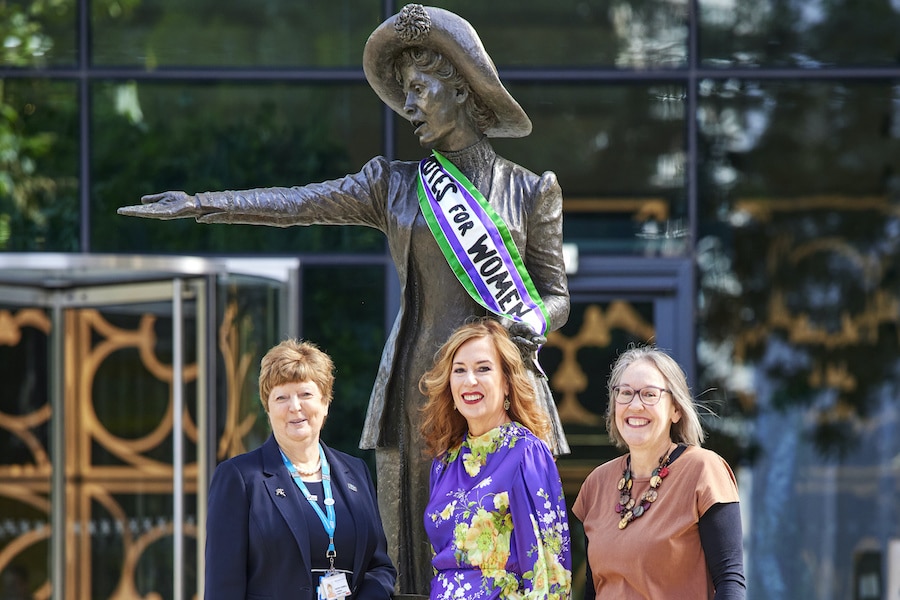
Gail opens the conversation by reminding us of Emmeline Pankhurst’s powerful words: “We have to free half of the human race, the women so that they can help to free the other half.”
Recognising the multiple barriers women face, including lower pay, high childcare costs, health disparities, and lack of access to secure housing, Gail emphasises the need to address these systemic issues to empower women to become influential leaders and lawmakers of the future.
Gail said: “Achieving gender equality requires acknowledging and addressing the multitude of barriers that women face.
“It’s crucial to recognise the intersecting disadvantages linked to factors such as race, disability, and socio-economic status, which can impact women’s lives socially and financially.
“On International Women’s Day, it’s important to strike a balance between celebrating progress and acknowledging the ongoing challenges that women, especially those from diverse backgrounds, continue to encounter.
“While it’s uplifting to commemorate achievements, it’s equally vital to highlight the existing inequalities and work towards meaningful change.”
It’s crucial to recognise that barriers persist for many women, particularly those from working-class backgrounds.
Addressing these systemic issues is essential to empower women to influence change and become the lawmakers of the future.
As Emiline Pankhurst famously stated, “We’re not here as lawbreakers. We want to be lawmakers,” Gail added
This sentiment encapsulates the goal of achieving true equality and representation for women in society.
“On International Women’s Day, it’s a call to action for everyone to raise their voices, whether through participation in events like the Walk for Women, engaging on social media, or simply having conversations.
“By demanding justice and equity, we can work towards a future where all women have the opportunity to thrive and achieve equality.”
Safety for Women
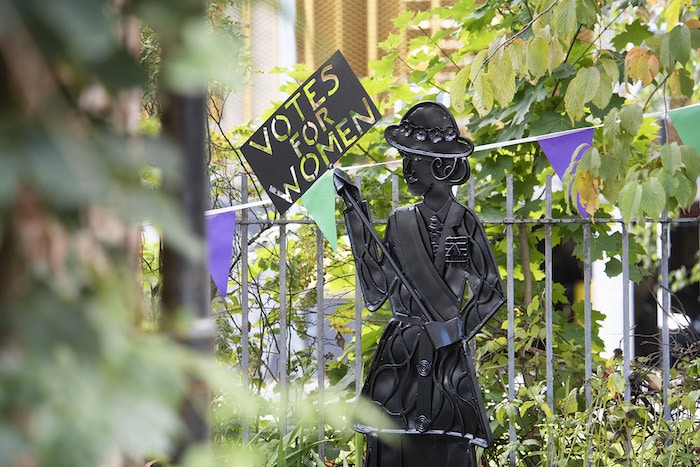
Safety is a paramount concern for women, both in public spaces and behind closed doors.
Gail highlights the disproportionate impact of domestic abuse on women, with statistics showing that a woman dies every three days as a result of domestic homicide by a male perpetrator.
She emphasised the importance of understanding domestic abuse, rape, and sexual violence as acts of violence and control, rejecting victim-blaming narratives and honouring survivors for their strength and resilience.
Funding at the Pankhurst Centre
Gail underscored the critical need for investment in specialist services for survivors of domestic abuse and sexual violence.
She said: “It’s disheartening that the Pankhurst Centre and Manchester Women’s Aid, despite their historical significance, struggle to receive adequate funding.”
As custodians of an important heritage, they aim to preserve the legacy of the suffragettes and their pivotal role in the fight for women’s rights.
So why aren’t they being funded?
50 years of the Pankhurst Centre
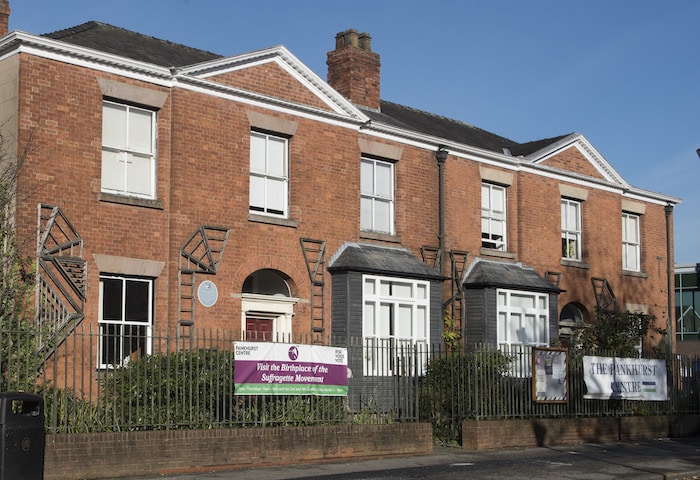
Looking ahead, the vision is for the Pankhurst Centre to evolve into a hub for all women, locally and globally, advocating for justice and equality.
With its rich history and international appeal, it has the potential to become a beacon for women’s rights activism, not just in Manchester but on a broader scale.
As the Pankhurst Centre celebrates its 50th year, Gail reflects on the centre’s legacy as the first refuge in Manchester and the second in the UK.
She shares the centre’s history, highlighting the courage of feminist activists who squatted the first refuge in protest of the lack of funding from male authorities.
Gail said: “At the Pankhurst Centre, one of our primary focuses is working with schools.
“We welcome numerous school groups, with children visiting us on Friday mornings and afternoons to learn about the historical struggle for women’s suffrage.
“It’s heartening to see young boys and girls enthusiastically marching with placards, chanting ‘votes for women.’
“In addition to school visits, we also organize workshops for children during holidays, including activities like placard making.
“Furthermore, given Emmeline Pankhurst’s fondness for her Pomeranian dog, we even offer workshops on creating pom pom Pomeranians—an activity that’s always met with great enthusiasm.
“We aim to expand our outreach efforts, reaching a wider audience across Greater Manchester.
“The museum remains free of charge, a deliberate decision to ensure accessibility for all, regardless of gender.
“We welcome everyone, including men, to engage with our exhibits and learn about this important part of history.”
Despite challenges, the Pankhurst Centre remains dedicated to serving its diverse communities and fighting for the funding needed to sustain its vital services.
Raising money for survivors
Looking ahead to the centre’s anniversary celebrations, Gail announced plans to renew children’s play areas in family refuges as part of her work with Manchester Women’s Aid.
Recognising the importance of creating a fun and friendly environment for children who have experienced domestic violence, Gail calls on the community to support the centre’s efforts through a forthcoming Play Area Crowdfunder in July.
To conclude, Gail said: “It’s incredibly significant that this year marks our 50th anniversary. As we celebrate this milestone, we’re also looking ahead, aiming to continue our mission for another 50 years.
“Our organisation holds a special place in history as the first refuge in Manchester and the second in the UK, thanks to the courageous actions of lesbian feminist activists.
“These activists were driven by their outrage at the plight of abused women, who were seeking help at the women’s centre on For Brook Street.
“Their bold decision to squat the first refuge reflects their unwavering dedication to supporting women in need.
“However, it’s disheartening to note that it took an additional two years for the refuge to receive funding from the male authorities.
“This delay underscores the challenges and resistance faced by activists advocating for women’s rights. Had action been taken sooner, our organization would be celebrating its 52nd year today.
“Nevertheless, we remain committed to our cause, determined to continue providing support and refuge for women in crisis.”
You can find out more about what’s going on at the Pankhurst Centre by clicking here.
- This article was last updated 1 year ago.
- It was first published on 7 March 2024 and is subject to be updated from time to time. Please refresh or return to see the latest version.
Did we miss something? Let us know: press@ilovemanchester.com
Want to be the first to receive all the latest news stories, what’s on and events from the heart of Manchester? Sign up here.
Manchester is a successful city, but many people suffer. I Love Manchester helps raise awareness and funds to help improve the lives and prospects of people across Greater Manchester – and we can’t do it without your help. So please support us with what you can so we can continue to spread the love. Thank you in advance!
An email you’ll love. Subscribe to our newsletter to get the latest news stories delivered direct to your inbox.
Got a story worth sharing?
What’s the story? We are all ears when it comes to positive news and inspiring stories. You can send story ideas to press@ilovemanchester.com
While we can’t guarantee to publish everything, we will always consider any enquiry or idea that promotes:
- Independent new openings
- Human interest
- Not-for-profit organisations
- Community Interest Companies (CiCs) and projects
- Charities and charitable initiatives
- Affordability and offers saving people over 20%
For anything else, don’t hesitate to get in touch with us about advertorials (from £350+VAT) and advertising opportunities: advertise@ilovemanchester.com

Now you can own a piece of TV history and support a much loved NHS Charity

The welcoming Manchester community where board games build friendships

Everything you need to know about the St George’s Day Parade 2025

Best bars and pubs to watch the football and live sport in Manchester

Discotheque Royale vs Piccadilly 21s: which was your favourite 90s Manchester club?
